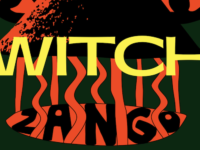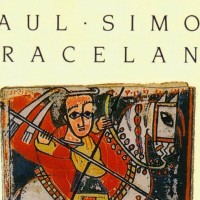“Here’s a song Charles Manson stole from the Beatles. We’re stealin’ it back.”
– Bono, intro to “Helter Skelter”
from 1988’s Rattle and Hum
When it comes to being hip to current trends in pop music, I’ve always been a Johnny-come-lately. For instance, it took me decades to develop an appreciation for cultural high-water marks like Fleetwood Mac’s Rumours, Pink Floyd’s Dark Side of the Moon, or Paul Simon’s Graceland. Sure – I don’t get to be hip until it really is hip to be square; on the other hand, I can eventually pad my collection with classic albums bought at discount retail prices.
In the case of the aforementioned 1986 Paul Simon offering, I initially didn’t want to wade into the whole “cultural appropriation” issue. Eventually it dawned on me that no matter how you frame it, African music has been an integral part of American popular music, at least for most of the 20th century – if not longer.
Consequently, I’m not going to spend a lot of time detailing the particulars of this two-volume collection called Welcome to Zamrock! that came out in 2017. Let me tell you: all of the songs were definitely ear-opening revelations to me – because apparently in the mid ’70s, somewhere in Central Africa, the Zambians were soaking up the influences of the hard-rock trends from American and UK sources.
As I went through the songs, I heard bit and pieces that reminded me of ’60s garage and psychedelic bands like: the Sonics and the Doors; ’70s rockers like Cactus and Bloodrock; and odd surprises like Traffic and Uriah Heep. Lots of wah-wah guitars run through fuzzboxes, rock solid drums, and lyrics sung in slightly accented English or one of the Zambian dialects – all of it exuding the greatest kind of joy.
Oh, and one more thing. With the band names like W.I.T.C.H. (We Intend to Cause Havok), Dr, Footswitch, Crossbones, and a whole lot of others of Zambian origin, how can you go wrong?
Welcome to Zamrock!, Vol. 1 and 2 is proof positive that one can still be inspired by the music of the world, no matter who started it – or even who borrowed it.
- How David Bowie’s ‘The Next Day’ Stripped Away All of the Artifice - March 15, 2023
- Why Deep Purple’s ‘Who Do We Think We Are?’ Deserves Another Listen - January 11, 2023
- In Defense of the Often-Overlooked Mott the Hoople - November 10, 2022




